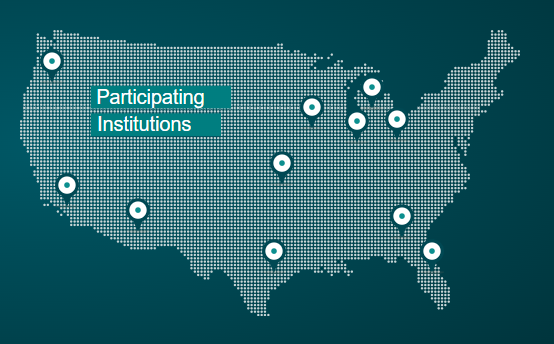Learning and Impact Highlights
This project has resulted in campus-level changes to drop for nonpayment policies and registration holds; campus efforts to centralize emergency aid information and application materials, increased coordination across student success units to identify and support students in need, and has catalyzed additional campus fundraising for completion grant resources.

Introduction
Key Project Metrics
Completion grants and other forms of emergency aid have emerged as a promising way to help students overcome financial difficulties and continue their journey to graduation. The COVID-19 crisis brought even more attention to the importance of helping students navigate sudden financial hurdles. While the federal government intervened to provide aid to students struggling through the pandemic, most ongoing emergency aid comes from institutions and philanthropic supporters eager to find proven, tangible, and replicable ways to help more students graduate.
$3.6 Million
In completion grants awarded.
83% Re-enrolled or Graduated
Within 4 terms.
Here directly from UIA campuses.
Inspired by the promise of completion grants, the University Innovation Alliance (UIA) undertook a multi-year completion grant initiative designed to increase retention and completion rates among first-generation students, low-income students, and students of color. Two UIA member institutions had already demonstrated success with completion grants. In 2011, Georgia State University (GSU) introduced the Panther Retention Grant, which provides relatively modest aid to eliminate or reduce student account balances and allow students to remain enrolled in the university and graduate. Following the initial success of the Panther Retention Grant, the University of Central Florida (UCF) implemented a similar effort—the Knights Success Grant—building on the lessons learned at Georgia State.